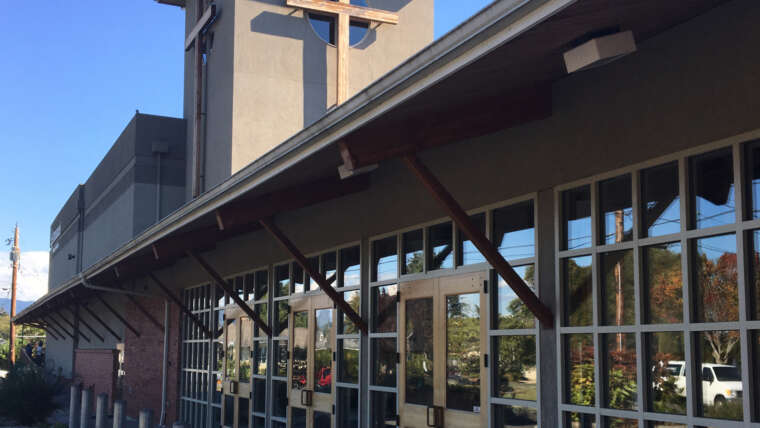In our last post, we asked the question “How do I think?” I contended that the world around us has lost its ability to think. The Christian community has also exchanged critical thinking for pre-packaged conclusions. I set two suggestions forth to regain the life of the mind; you can read those here. [link to last week’s letter and remove the highlighting and everything in these brackets] Now, I would like to submit two more proposals.

Don’t just read your Bible, study it.
Bible authors have tremendous things to say about the Scriptures. If what they say is true—and we believe it is—then we should discipline ourselves by choosing to make time to read the Bible. But I want to prod us a step further. Rather than just read the Bible, I contend we should study it: slowing down, asking questions, researching topics. Our ability to interact with the issues in the world around us from a biblical perspective is dependent upon a vigorous interaction with the Bible.
I am not saying you need to go to seminary or learn the biblical languages. Rather, I want to encourage the reader of the Bible to become a student of the Bible. Read your Study Bible notes, start with a survey of the Bible, or listen to podcasts that take you below the surface. Grow in community by studying with a Men’s Small Group or a Women’s Bible Study.
All of us want to honor God in how we think about the trending issues of the day. Most of us will need more than thirty minutes of preaching on Sunday to do this. None of us should shop out our minds to other people to do the thinking for us. Do you study your Bible? To think for the glory of God, we must blend facts, reason, and intuition with the Word of God.
Speak yourself clear.
The Bible places a premium on close relationships (Proverbs 18:24, 27:9; Ecclesiastes 4:10). One function of the close friend—be it a spouse, coworker, or brother/sister in Christ—is that of a “sounding board.” When we’ve found someone we can trust, we’ve found someone who can help us think. We’re all wired differently, but most of us will think more clearly about a topic when we can talk it through with that trusted confidant: we “speak ourselves clear.” (This also works with writing or journaling, as well as prayer: “write yourself clear” or “pray yourself clear.”) Something happens in the thinking process when we can turn over our thoughts in these mediums. In particular, the feedback we get from another challenges our assumptions or sharpens our conclusions. Talking through a matter with the Lord in prayer can also be incredibly clarifying. Find your outlet of expression to think more clearly and concretely. In conclusion, this topic on “the life of the mind” lifts up our thinking to be done “for the glory of God” (1 Corinthians 10:31). All of life—“whatever you do”—is to be done with this aim in mind. Talking through our thoughts, studying our Bibles, grasping differing perspectives, and doing our own homework all contribute to a clearer, more robust life of the mind. Live for the glory of God! Think for the glory of God!
With the affection of Christ, Pastor Michael

